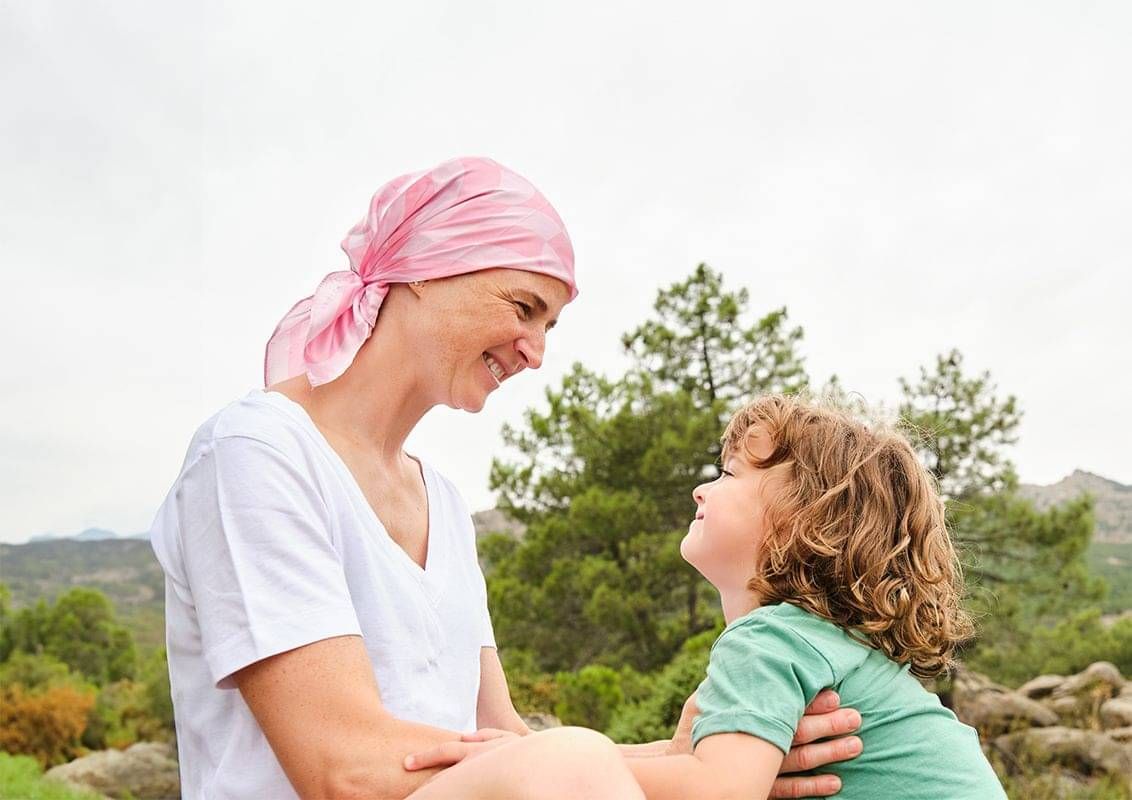You may have been advised that chemotherapy is a treatment option, and you may be wondering what chemotherapy is and what this would mean for you. Due to the nature of chemotherapy, it is common to experience side effects (bodily or mood symptoms) while on treatment.
On this page you will find information about why chemotherapy causes side effects and some useful tips on how to handle the side effects.

Why does chemotherapy cause side effects?
Cancer cells grow and multiply at an abnormally fast rate. Chemotherapy uses different medications to kill cancer cells, however in the process kills some healthy cells which can cause side effects.
Tips to help prepare for chemotherapy
Ask questions
It is important to ask your oncologist how the chemotherapy drugs work, what the possible side effects may be on your health and body, how long the treatment will last, how it will affect your work, and if there are any new medical trials available. Your doctor is there to provide you with treatment options. Ultimately, it is you who decides what therapy you want.Talk to your employer
If you’re in paid employment, ask your employer about casual paid sick leave and other government benefits you can claim. Consider asking to work from home or adjusting work hours during chemotherapy cycles.Get your dental work done
If you need dental cleaning and there is time, book a dental appointment. It is better to have your teeth cleaned before rather than during chemotherapy. If a major dental procedure is needed, consider postponing it until after your chemotherapy. Make sure you inform your doctor or nurse about concerns and before having any dental check-up or procedure done during chemotherapy.
Common side effects of chemotherapy and tips on managing them
Chemotherapy affects people in different ways and not everyone experiences all of these side effects.
Hair loss, pigmented or brittle nails
The hair follicle cells and the cells in your nail bed can be affected. Some people find that they prefer to cut their hair or get a wig fitted prior to chemotherapy.Mouth or throat ulcers
The cells that line the mouth and gut can be affected causing mouth or throat ulcers; change in perception of taste; and nausea, diarrhoea, and/or vomiting.Skin rash
Skin cells can be affected causing a rash.Lowered immunity
The bone marrow cells can be affected which causes lower levels of white blood cells or lymphocytes (cells that fight off viruses and bacteria for immunity).Allergic reactions
Some people develop an allergic reaction to certain chemotherapeutic drugs, and experience acne and rashes.
You can find more information on how chemotherapy is administered, it’s side effects, and how to manage the side effects on each type of cancer, please see Cancer Information












